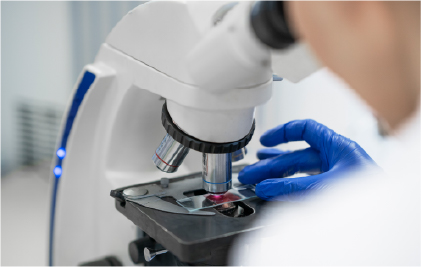SCREW CAP TUBE

Screw cap tubes are primarily used for storing biological samples, such as DNA, RNA, proteins, enzymes and other biomolecules. Their airtight seals ensure the integrity of the samples, preventing contamination and degradation over time. These tubes are commonly used in biobanks, research laboratories, clinical settings and pharmaceutical companies for long-term storage of valuable specimens.

They are essential for sample preparation processes, including centrifugation, mixing and homogenization. They are compatible with various laboratory equipment, such as centrifuges, vortex mixers and homogenizers, allowing researchers to perform a wide range of sample processing techniques efficiently.

They are widely used in polymerase chain reaction (PCR) and other molecular biology techniques for amplifying and analyzing nucleic acids. They provide a secure and stable environment for PCR reagents, enzymes, primers and DNA templates, ensuring accurate and reproducible results.

In cell culture applications, screw cap tubes are utilized for storing and transporting cell lines, tissue samples and culture media. These tubes are compatible with aseptic techniques and can be sterilized for use in cell culture experiments. They are also suitable for cryopreservation of cells using liquid nitrogen or ultra-low temperature freezers.

Screw cap tubes are employed in chemical and pharmaceutical laboratories for sample preparation and analysis. They are used for storing solvents, reagents, standards, and reaction mixtures, as well as for conducting assays, chromatography, and spectrophotometry experiments.

In clinical diagnostics, screw cap tubes play a critical role in specimen collection, transportation, and processing. They are used for collecting blood, urine, saliva and other bodily fluids for diagnostic testing, such as blood chemistry, immunoassays and microbiological cultures.

Screw cap tubes are utilized in food and environmental laboratories for sample collection and analysis. They are employed for testing food products, water samples, soil samples, and environmental pollutants for contaminants, pathogens, and toxins.

In forensic laboratories, screw cap tubes are used for storing and analyzing biological evidence, such as DNA samples, blood stains, hair samples and bodily fluids. These tubes help preserve the integrity of forensic specimens and ensure accurate analysis in criminal investigations.
